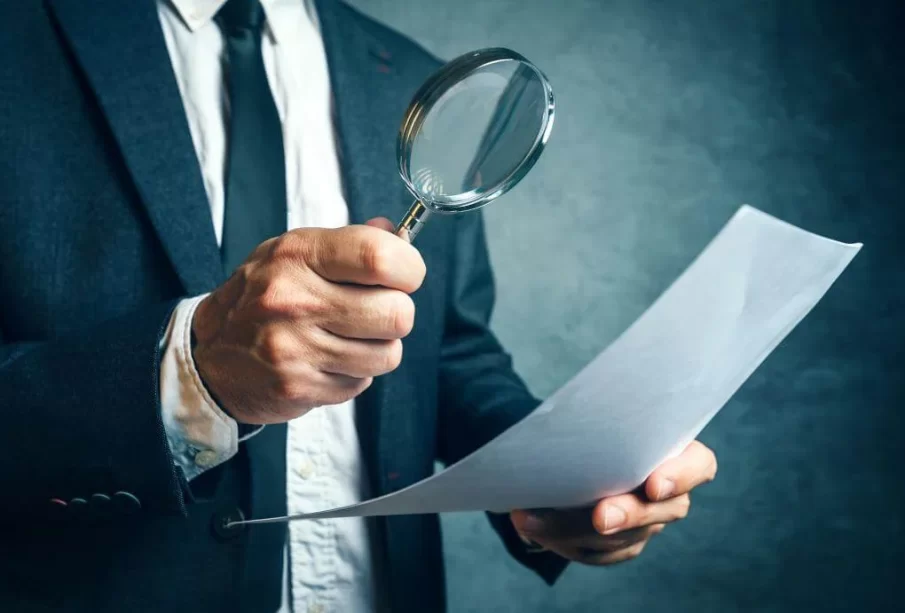Decoding Complex Cases: How Forensic Accountants Solve Financial Mysteries

Financial mysteries are puzzles waiting to be solved. Forensic accountants play a crucial role in unraveling these puzzles. With a keen eye and detective-like skills, they dive deep into financial records. They discover irregularities and piece together evidence. When we think of a Las Vegas forensic accountant, we picture someone who tackles complex cases with precision. They sift through complicated financial data. Their goal is to uncover fraud, embezzlement, or money laundering. They use three main techniques: tracing funds, examining transactions, and following financial trails. Each step is vital in painting a complete picture. These experts do more than just crunch numbers. They provide clarity in murky situations. Their findings often play a key role in legal proceedings. As financial crimes become more sophisticated, the demand for skilled forensic accountants grows. Their work ensures justice and maintains trust in financial systems. In the world of finance, they are the unsung heroes.
The Role of Forensic Accountants
Forensic accountants are investigators of the financial world. They use a combination of accounting, auditing, and investigative skills to examine financial statements. Their main goal is to detect discrepancies and fraud. By meticulously analyzing data, they find patterns or anomalies that suggest illegal activity.
These accountants are often called upon in legal disputes. They provide expert testimony in court. Their reports can help settle cases involving insurance claims, bankruptcy, divorces, and more.
Tools and Techniques
The methods forensic accountants use are diverse, yet effective. They rely on three primary techniques:
- Tracing funds through complex financial paths.
- Examining transactions for inconsistencies.
- Following financial trails to their origin.
These processes require a deep understanding of financial systems. Forensic accountants often work hand in hand with law enforcement agencies. This cooperation helps uncover the truth hidden in the numbers.

Case Studies and Examples
Understanding the real-world application of forensic accounting can be enlightening. Consider the infamous Enron scandal. Forensic accountants played a pivotal role in unraveling the complex web of financial deceit.
Another example is the Bernie Madoff Ponzi scheme. Here, forensic accountants helped trace the path of billions in investor funds. Their work was instrumental in understanding how the fraud was perpetrated.
Comparison of Common Fraud Detection Methods
| Method | Description | Effectiveness |
|---|---|---|
| Data Analysis | Review of financial documents for anomalies | High |
| Interviews | Conversations with employees for insights | Medium |
| Surveillance | Monitoring of financial activities | Variable |
Educational Path and Certification
Becoming a forensic accountant involves a mix of education and certification. Most start with a degree in accounting or finance. From there, certifications like the Certified Fraud Examiner (CFE) or Certified Public Accountant (CPA) enhance credibility. Many forensic accountants continue their education with specialized courses in fraud detection.
Institutions like the FBI provide resources and training for those interested in this career path. Continuous learning is crucial as financial crimes evolve.
The Future of Forensic Accounting
As technology advances, so do the tactics of financial criminals. Forensic accountants must adapt to these changes. The rise of cryptocurrencies and digital transactions presents new challenges. Yet, it also offers new tools for investigation.
Artificial intelligence and machine learning are increasingly used to detect fraud patterns. These technologies help forensic accountants analyze vast amounts of data swiftly. The future of forensic accounting is bright, with potential for even more innovation.
Conclusion
Forensic accountants are essential in the fight against financial crime. They blend financial expertise with investigative skills. Their work protects businesses, investors, and the economy. While they may not always be in the spotlight, their contributions are invaluable.
Understanding their role and techniques offers insights into a crucial aspect of financial security. As we move forward, the importance of forensic accountants will only grow, ensuring that financial mysteries continue to be solved.











